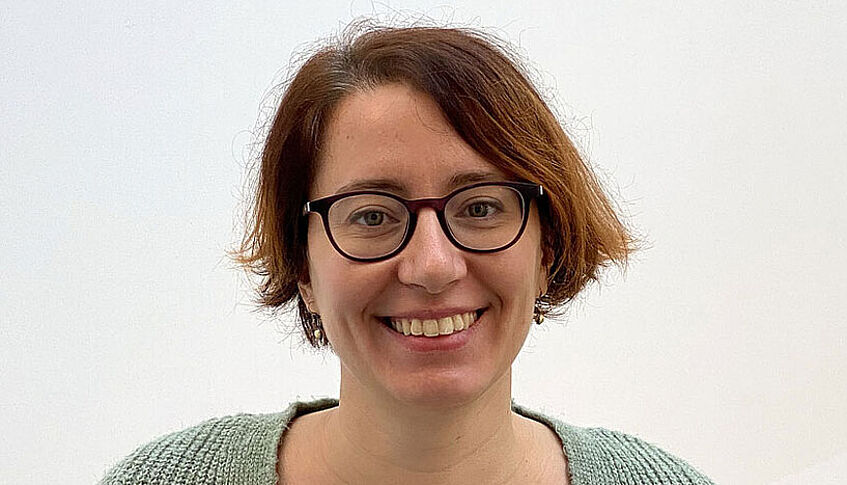
Full title of the project: "The Many Labs Megastudy to Promote Climate Action Across the Globe".
Project team/Partners: This project is led by Kimberly Doell (Faculty of Psychology/University of Vienna), Madalina Vlasceanu (New York University), and Jay Van Bavel (New York University). It includes the collaboration of over 250 researchers, including several at the University of Vienna, such as Ekaterina Pronizius, Boryana Todorova, Jonas Nitschke, Lukas Lengersdorff, Sari Nijssen, Sandra Geiger, Stefan Schulreich, Nace Mikus and Claus Lamm (here you can find a complete list of collaborators).
Institute/Department: Department of Cognition, Emotion, and Methods in Psychology.
Goal of the project: This international collaboration aims to test the effectiveness of 11 behavioural interventions designed to promote climate change mitigation in 60 countries.
Why is this important and useful? The climate crisis requires dramatic and global collective behaviour change. Many behavioural-psychological interventions have been proposed, but it is not clear which are most effective at stimulating climate change mitigation behaviour across the globe (e.g., changes in beliefs and behaviors).
Abstract: To understand how to promote climate change action, we tested 11 crowdsourced interventions on four key climate change mitigation outcomes: beliefs, policy support, information sharing, and an effortful tree-planting behavioural task. Across 54,658 participants from 60 countries, we found that how effective each intervention was depended on how much people believed in climate change and which outcome was being tested. For example, climate change beliefs were strengthened most by decreasing psychological distance, policy support was increased most by writing a letter to a future generation member, and information sharing was stimulated most by negative emotion induction. However, several interventions reduced the effortful tree-planting behaviour. These results suggest that effective interventions must be tailored to the characteristics of the audiences and to the target outcomes.
Explanation - easy to understand: Climate change is one of humanity's greatest threats. People must change their behaviours to fight it. Scientists have developed many different ways to change behaviour (called interventions). But it is not clear which ones will work well in many different countries and cultures. In this project, over 250 scientists worked together across 60 different countries. They tested how well 11 different interventions worked at promoting sustainable behaviours. We found no clear winner across all these outcomes. How well the interventions worked somewhat depended on how much people initially believed in climate change. However, a clear majority of these people surveyed not only believe in climate change (83%) but support various policies to mitigate its effects (69%). Together, these results provide very good evidence that the public is ready for climate reforms.
